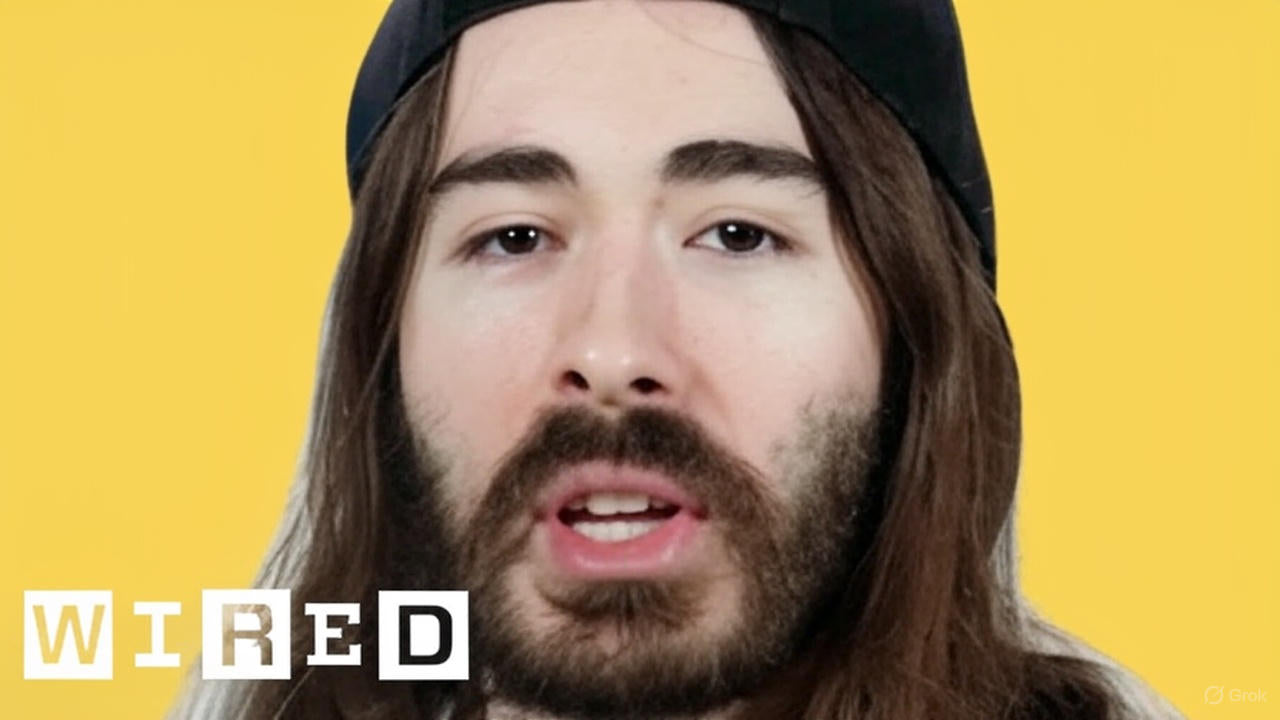MoistCr1TiKaL Discloses $41.3 Million Earnings Before Disabling Monetization
Introduction
Charles “MoistCr1TiKaL” White Jr., one of the most popular YouTubers and Twitch streamers, recently revealed that he earned a combined total of $41.3 million from YouTube and Twitch over the years. Surprisingly, this disclosure comes just after he disabled all monetization features on his channels, including super chats, memberships, and donations. MoistCr1TiKaL shared that he wants fans to avoid “wasting” money on him and hopes donations are redirected toward charitable causes.
MoistCr1TiKaL has revealed that he earned a total of $35 million on YouTube before disabling monetization
— Dexerto (@Dexerto) October 15, 2025
"Compare that to a normal person actually working their ass off... they come home, and donate a couple dollars to me. It doesn’t sit right with me" pic.twitter.com/HprEkFSgwv
Twitch Earnings Breakdown
MoistCr1TiKaL’s Twitch journey began in 2017. His income timeline demonstrates how streaming evolved from casual entertainment into a substantial revenue source:
- 2017-2019: $55,500 – Initial streaming with around 14,000 subscriptions. “Just goofing around, having fun,” he said.
- 2019-2021: $1,285,782 – Increased streaming intensity with limited Twitch preroll ads.
- 2021-2024: $4,158,749 – With a Twitch contract mandating three minutes of ads per hour, income soared.
He admitted, “I really should have stopped this a long time ago, especially considering this is just the Twitch side of things.”
YouTube Earnings Breakdown
MoistCr1TiKaL began his YouTube career in 2007 under the handle penguinz0. Over time, he earned a lifetime total of $35.8 million from the platform. Key sources of revenue include:
- Ads: $37.7 million (including $2,500 from Shorts)
- Memberships: $560,000 (enabled for ~1 year)
- Super Chats: $508,000 (enabled for ~1 year)
Despite these numbers, he emphasized that his wealth is not a result of privilege: “I never imagined that amount of money was possible to earn without being born rich. I got incredibly lucky. I’m not special. I got lucky.”
Reasons Behind Disabling Monetization
MoistCr1TiKaL’s decision stems from ethical concerns about fan donations. He expressed discomfort accepting money from viewers who work traditional 9-5 jobs:
“Compare that to a normal person actually working their ass off every single day… and they come home, maybe turn on my stream and donate a couple dollars. It doesn’t sit right with me…”
His intention is not to influence other creators but to highlight financial transparency. By sharing these numbers, he hopes to encourage informed discussions about wealth, fan support, and ethical monetization.
Community Reactions
The announcement triggered mixed reactions on X (formerly Twitter). Dexerto’s coverage garnered over 1.9 million views. Fans praised his honesty, while some questioned the timing after amassing $40M+. Key reactions include:
- “I’m glad he finally realized after making $40M+, it didn’t feel right. Incredible bravery 🙏”
- “This is the perfect example of how literally you can't do anything online without critics…”
His transparency reinforces ongoing debates on creator wealth, ethical monetization, and online responsibility.
FAQs
- Q1: How much did MoistCr1TiKaL earn from YouTube?
- A1: Approximately $35.8 million, mainly from ads, memberships, and super chats.
- Q2: How much did he make from Twitch?
- A2: Around $5.5 million over different periods between 2017 and 2024.
- Q3: Why did he turn off monetization?
- A3: To prevent fans from donating money unnecessarily and encourage support for charities instead.
- Q4: Does this include sponsorships?
- A4: No. Sponsorships and brand deals would further increase his total earnings.
- Q5: Is MoistCr1TiKaL encouraging other creators to do the same?
- A5: No, he stated he doesn’t care if other high-earning creators continue monetization.
Conclusion
MoistCr1TiKaL’s disclosure of $41.3 million in earnings offers one of the clearest insights into the financial realities of top-tier content creators. It raises crucial questions about ethical monetization, fan expectations, and wealth transparency. While some viewers debate the timing, his candid approach demonstrates that digital fame is more than entertainment—it's a complex ecosystem of income, influence, and responsibility. By turning off monetization, he is setting an example for how creators might rethink financial ethics in a world where online success often translates to extraordinary wealth.
This story is not just about numbers—it is a reflection of the evolving relationship between creators and their audiences, highlighting the importance of transparency, accountability, and conscious decision-making in digital spaces.


0 comments